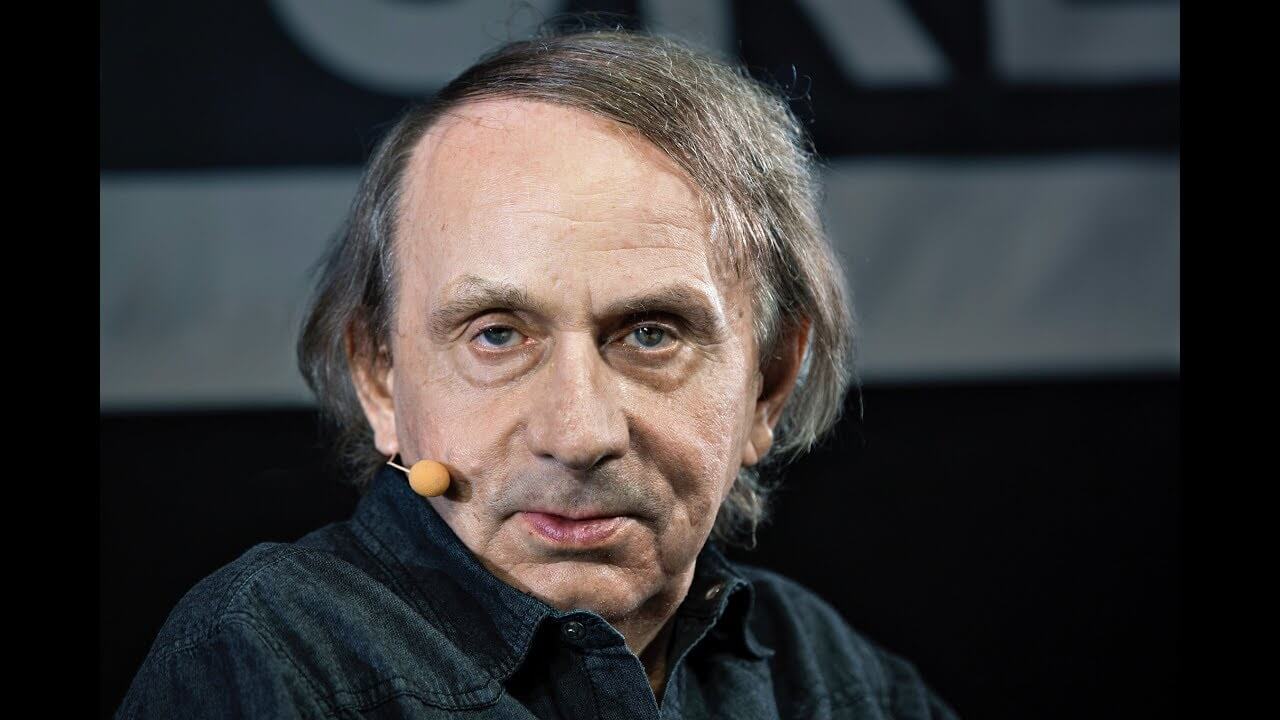Henry George is a writer from the United Kingdom. He has a BA in History from Royal Holloway, University of London, and an MA in War Studies from King’s College London. He writes from the post-liberal Red Tory tradition, and focuses on politics, political philosophy, and culture. He has also written for UnHerd, The Critic, The University Bookman, Quillette, and Intercollegiate Review.

